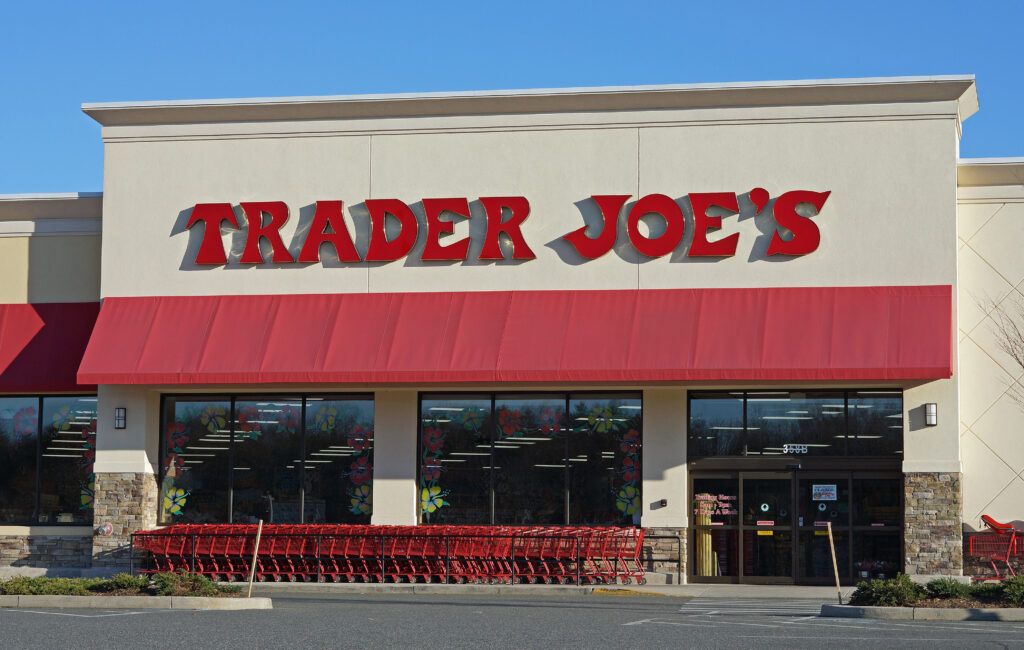The Trader Joe’s recall situation has garnered significant attention in the past week, as the popular retail chain declared three different product recalls during the last week of July. The recalls affect cookies, broccoli-cheddar soup and falafel, raising concerns over possible contamination with foreign objects like insects or rocks.
The Trader Joe’s recall has raised some eyebrows, with food safety experts calling it a serious concern. Melvin Kramer, President of the EHA environmental and public health consulting group, told Vox that this situation is “truly very problematic.” It emphasizes the vulnerability of the procedures meant to safeguard our food supply from causing health issues, or as Kramer calls it, “the yuck factor.”
The Trader Joe’s recall appears to be a voluntary move, a common practice amongst companies facing contaminated food products. The US government’s oversight largely entrusts food safety assurance to private companies, incentivizing them to tackle food safety issues proactively to maintain customer trust and profitability; however, the complexity of ensuring food safety grows as our food system continues to globalize.
Related: Recent Plant-Based Meat Recalls: Impossible Chicken Nuggets, Beyond Burgers and Others
The exact reasons for these close-knit recalls remain unclear. Questions surrounding the impacts of globalization and the relative absence of federal food oversight on the contamination of goods have emerged. Recalls usually point to one or the other.
According to Kramer, it could just be an unfortunate series of events. Trader Joe’s, in a statement to Vox, called the series of recalls “a coincidence.” Yet, Kramer suggests another theory. The unique appeal of Trader Joe’s to consumers lies in its blend of global and local foods produced by small-scale makers. This variety may increase Trader Joe’s recall risk compared to stores sourcing from large-scale manufacturers.
As an American food retailer operating over 500 stores nationwide, Trader Joe’s has gained a cult-like following for selling a variety of local specialty foods and crafting engaging narratives about its brands; however, the recent increase in Trader Joe’s recall from once or twice a month to three times in a week is alarming.
The Food Safety and Inspection Service (FSIS) and the US Food and Drug Administration (FDA) oversee food safety in the US, albeit with different levels of scrutiny. The FSIS continuously inspects meat and egg products while the FDA, responsible for around 80 percent of the US food supply, inspects manufacturers once every three to five years. This disparity means that most issues with the food the FDA supervises are only caught when a consumer or manufacturer notices a problem.
When food safety issues do arise, the reaction can significantly affect a company’s profits and the public’s trust. As a result, food distributors like Trader Joe’s often hire independent companies to verify their suppliers’ safety practices; however, the responsibility lies with the retailer to set the food safety standards their suppliers must meet.
Trader Joe’s sets itself apart from other grocery chains by offering products from smaller, local companies. These companies may lack the sophistication of larger enterprises, thereby possibly increasing the risk of a recall; however, the retailer emphasizes that it only purchases products from FDA or US Department of Agriculture (USDA) licensed and approved manufacturing facilities that adhere to widely accepted food quality assurance systems.
According to Kramer, the demand for unique and often out-of-season foods can contribute to food safety risks. For example, the year-round demand for raspberries in the US has led to increased international imports, introducing new health risks like the gastrointestinal parasite Cyclospora.
As our food systems become more complex with globalization, the risk of a Trader Joe’s recall or similar food safety issue increases. In our global food industry, consumers are becoming more demanding, which can inevitably lead to higher risks.












Join or login to leave a comment
JOIN LOGIN